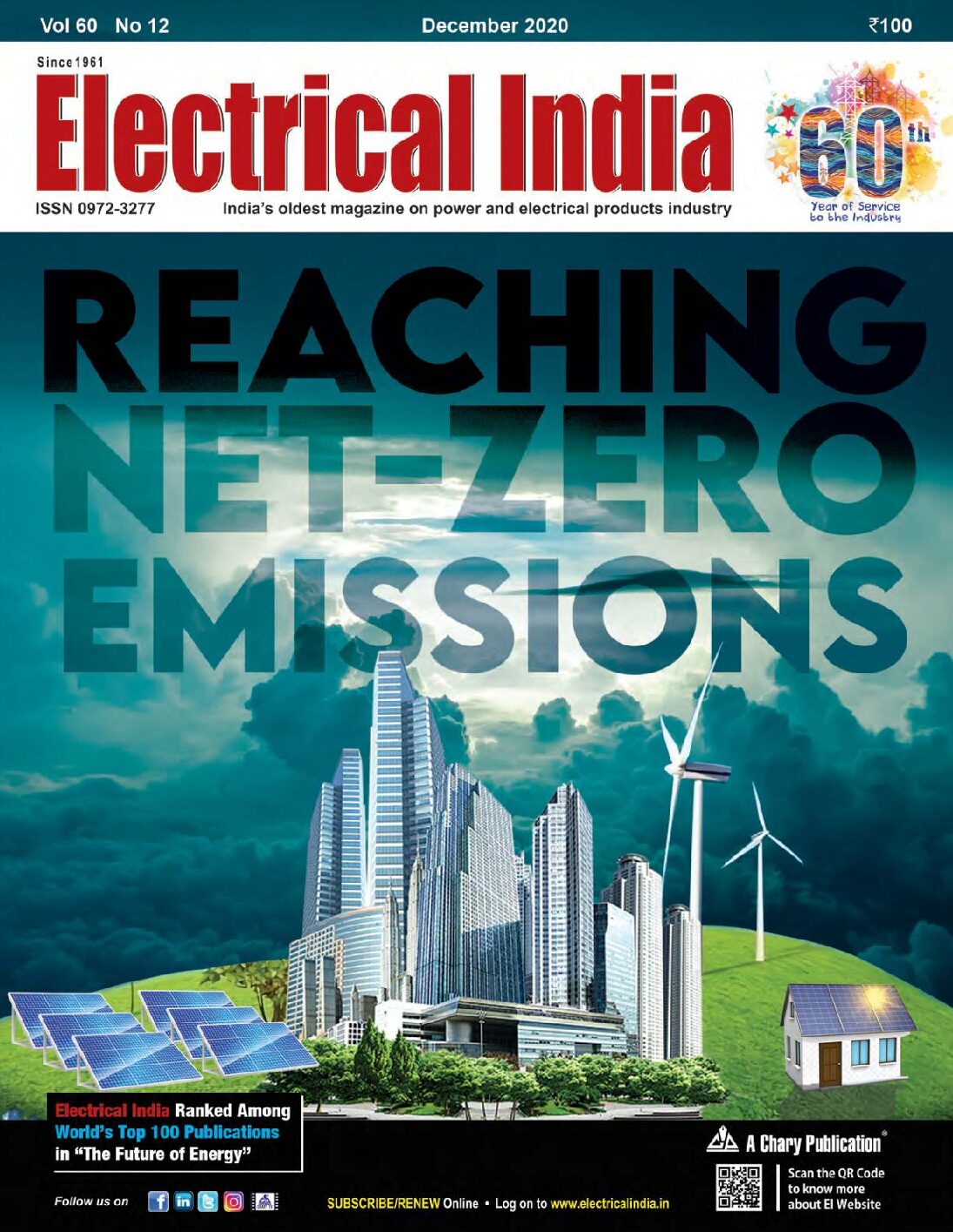
In a written reply to a question in the Lok Sabha, recently Union Minister of State (Independent Charge) Development of North Eastern Region (DoNER), MoS PMO, Personnel, Public Grievances, Pensions, Atomic Energy and Space, Dr. Jitendra Singh said that nuclear energy is an important component of the country’s energy mix and is being pursued along with other sources of energy in an optimal manner.
There are presently 22 reactors with a total capacity of 6,780 MW in operation and one reactor, KAPP-3 (700 MW) has been connected to the grid on January 10, 2021. In addition, there are 8 reactors (including 500 MW PFBR being implemented by BHAVINI) totalling to 6,000 MW under construction at various stages.
The government has accorded administrative approval and financial sanction for construction of 12 nuclear power reactors – 10 indigenous 700 MW Pressurized Heavy Water Reactors (PHWRs) to be set up in fleet mode – and 2 units of Light Water Reactors (LWRs) to be set up in cooperation with Russian Federation. On progressive completion of the projects under construction and accorded sanction, the nuclear capacity is expected to reach 22,480 MW by 2031.
Contextually, the Department of Atomic Energy (DAE) came into being on August 3, 1954 under the direct charge of the Prime Minister through a Presidential Order. Thereafter, on 11th October, 1960, the Indian government issued a tender for India’s first nuclear power station near Tarapur, Maharashtra.














